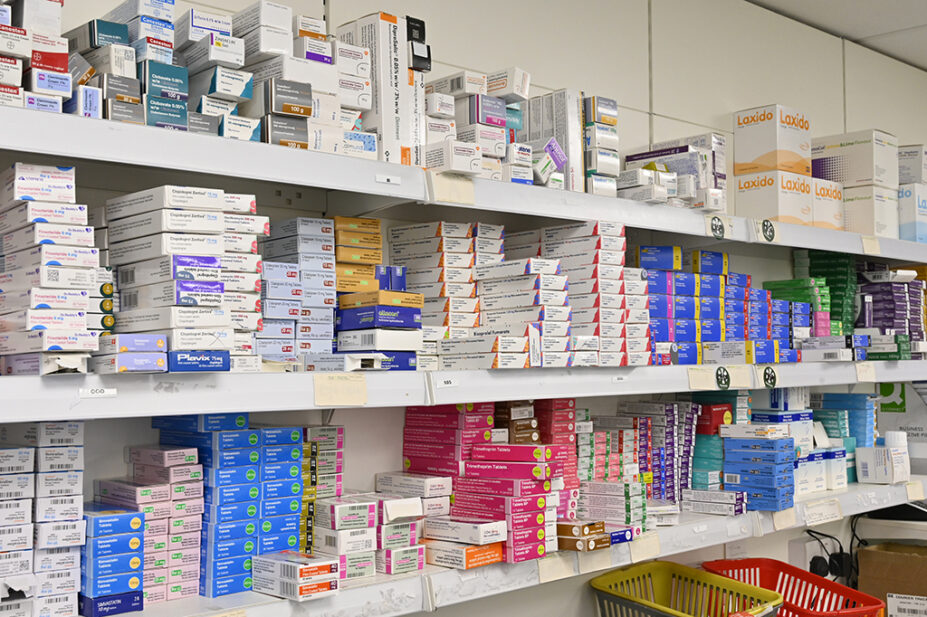
DR P. MARAZZI/SCIENCE PHOTO LIBRARY
Marketing authorisation holders in Europe may be asked to take on new measures, including to “stockpile medicines” and increase manufacturing capacity, to avoid potential shortages of critical medicines in the supply chain.
In guidance published on 23 April 2024, the European Medicines Agency’s (EMA’s) Medicines Shortages Steering Group (MSSG) listed new recommendations, which will be implemented “on a case-by-case basis” depending on vulnerabilities of the supply chain and “specific intrinsic characteristics of the product”.
The recommendations include several measures, such as increasing production capacity, diversification of the suppliers and inventory management through monitoring medicinal products in the supply chain.
The MSSG also said that marketing authorisation holders and the European Commission may need to “stockpile medicines” for protection against fluctuations in demand or supply, and to review past shortages or back orders to help identify “demand patterns which predict the likelihood of future supply and demand tensions”.
In December 2023, the EMA published its first list of critical medicines to be prioritised in the supply chain to avoid potential shortages.
The list, which was co-published with the European Commission and the Heads of Medicines Agencies, contains more than 200 active substances of medicines for human use considered critical for healthcare systems across the EU and EEA.
The EMA said that the list will be “expanded in 2024 and will then be updated every year”.
Commenting on the new guidance, Mark Samuels, chief executive of the British Generic Manufacturers Association, said: “The UK is currently facing a sustained period of medicines supply issues, broadly double the number of the shortages compared to just two years ago.
“Medicines shortages represent the endpoint of several challenges that off-patent manufacturers, whose products fulfil four out of five NHS prescriptions, have had to contend with.
“These include volatile government pricing, the Medicines and Healthcare products Regulatory Agency delays, and the fact that the UK now has to compete for global allocations of medicines — issues ignored in the government’s ‘Life Sciences Vision’,” he added.
“Unfortunately, the UK is in danger of losing its lustre as a priority supply destination, and medicines shortages are the result.
“To restore resilience, government policy must recognise the vital role the off-patent medicines sector has in ensuring the vast majority of drugs prescribed to patients are available,” said Samuels.
The new guidance follows the launch of a voluntary ‘solidarity mechanism’ to tackle critical medicines shortages by the EMA in October 2023.
The scheme allows any member state facing a critical shortage of any medicine to report it to the EMA’s MSSG, which will then coordinate a pan-European request for assistance in obtaining medicine stocks.
At the time of the launch, the EMA stressed that the mechanism has been “developed as a last resort” and can only be used “under very limited conditions after [member states] have exhausted all other possibilities”.
In the UK, the Department of Health and Social Care was not involved in the creation of the EU list of critical medicines.


